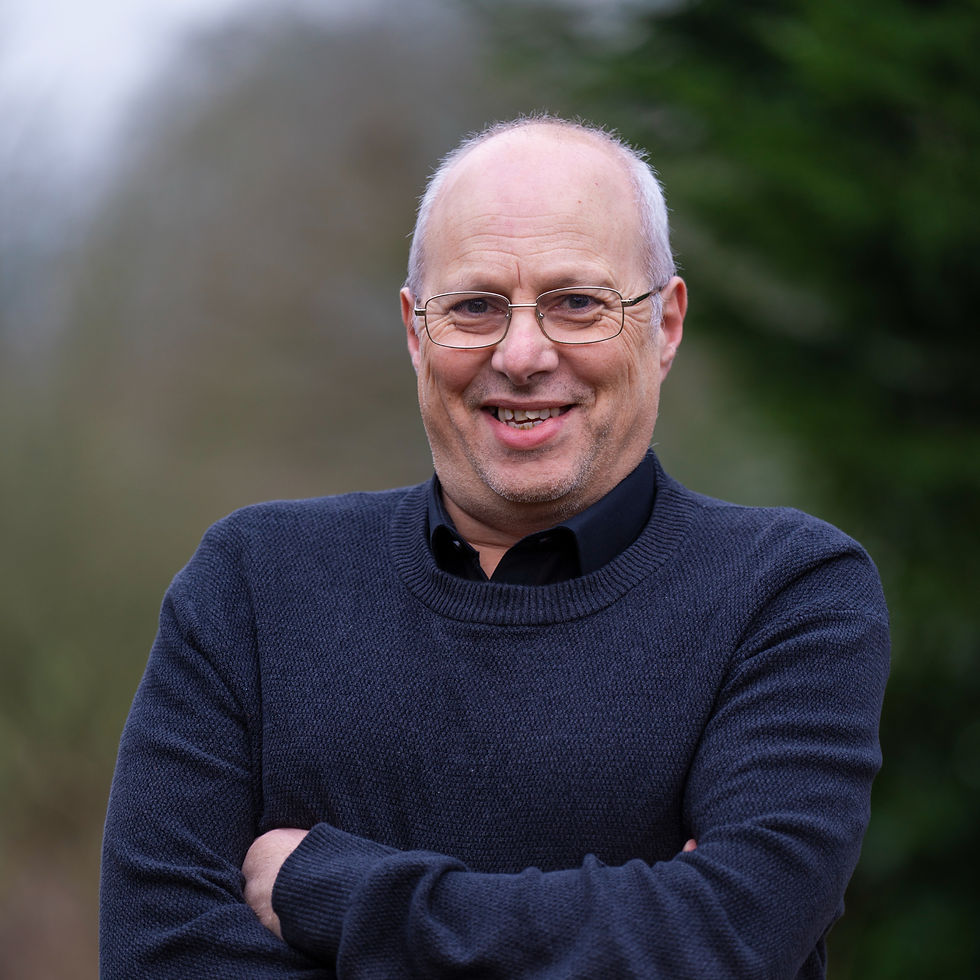How media training will boost your confidence on camera
- Darren Bane

- Jul 24, 2025
- 3 min read
Updated: Aug 26, 2025
By Darren Bane, PR manager and media trainer
No matter how successful anyone is in their careers, no matter how confident they feel in their professional lives, many become very anxious at the prospect of being interviewed by the media.
From “I hate seeing myself on screen”, “I hate having my photo taken” and “I really don’t like my voice”, to ”what if a journalist asks me something I don’t know?” and “I’m worried I might say the wrong thing during an interview”, there are many commonly-held reasons why people feel concerned about being questioned on camera.
People often feel nervous about talking to journalists even about the most positive news stories, let alone being taken to task and publicly scrutinised in response to a crisis.
But it doesn’t have to be that way.
Media training with Empica
Empica’s experienced team of trainers will give you the tools and confidence you need to conduct effective interviews with the media. Learn more about our PR and media training programs designed for anyone preparing for interviews.
Our trainers have ‘been there, done that’ and are able to share lessons learned over many years of real-life experience, as ex-journalists who have been the ones posing the difficult questions, to being put on the spot themselves and interviewed by local, regional and national media, sometimes in extremely challenging circumstances.
Empica’s team know all the anxieties someone may feel before an interview, because they’ve experienced them too. And they really enjoy sharing their collective expertise and the lessons they’ve learned with others.

How do media training courses work?
Our media training courses are specifically tailored to suit the needs of the participating individuals and businesses, which means all our practical mock interviews are topical and directly relevant to your roles and responsibilities. We take the time to research the issues and challenges facing your sector, along with any relevant news coverage that you might be expected to react to or have an opinion on.
Media training requirements and priorities vary, from learning how to speak regularly to the media in a positive and proactive way, to acting as a spokesperson when things have gone wrong and the media are demanding answers to difficult questions.
We build the knowledge and skills you need by interviewing you in exactly the same way as the media would in the same scenario, thereby building your practical experience.
Pre-recorded and live TV and radio interviews are simulated; Empica also simulates ‘down the line’ interviews, print journalist interviews, press conferences and public meeting, to suit your needs – whether it’s a one-on-one session, half-day workshop, or full day course for eight candidates.
How can I avoid awkward questions from a journalist?
The short answer is that you can’t – but Empica will teach you how to turn them to your advantage, using tried and tested techniques which will empower you to communicate positively, clearly and effectively in any interview.
We’ll train you to take control of a question so that you are able to talk about what you do know, and what you are comfortable talking about, and not get drawn into discussing what you don’t.
These skills are transferable, too; perhaps you may need to attend a public meeting and face some questions there; perhaps you are giving a presentation to peers or representing your business – or yourself – at a conference. Many of the techniques used in responding to media questions can be used to help you communicate well and with confidence in other situations, too.
Do media training courses work?
One of the reasons we enjoy delivering media training so much is because we always see candidates’ confidence grow as the course progresses; yes, at times it feels uncomfortable for some, and in crisis communications training in particular, we can ask some awkward questions and become a little persistent.
But we soon see people put into practice what we’ve taught them and while some people will never feel comfortable on camera, their confidence in their ability to conduct an effective interview is clear to see.
It’s so rewarding to see their improvement in such a short space of time, and gives us a tremendous sense of job satisfaction when, as happens so often, we are approached by candidates who tell us that they were so nervous at the start of the day but feel more empowered and better equipped afterwards – and many of them even say they enjoyed themselves!

About the author
Darren Bane is a former journalist with more than 35 years’ experience of interviewing and being interviewed. Darren worked on weekly and daily newspapers before taking on PR roles working for Avon and Somerset Police, Avon Fire & Rescue, and Weston College.
Find out more about our PR services, including media training, and contact us for a more detailed discussion



